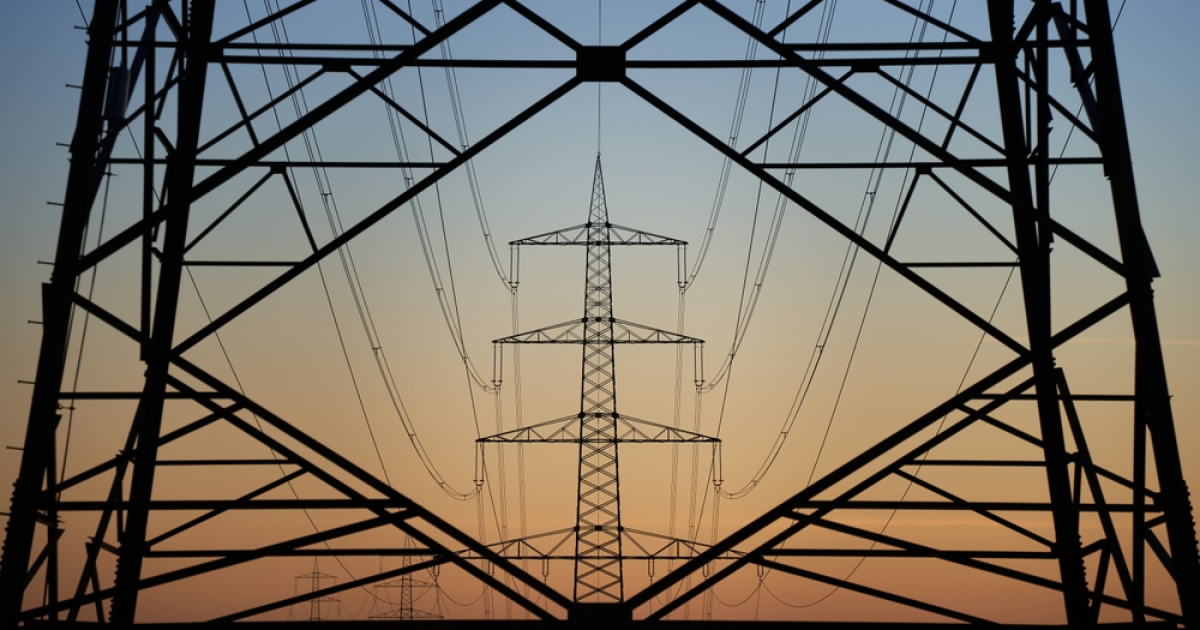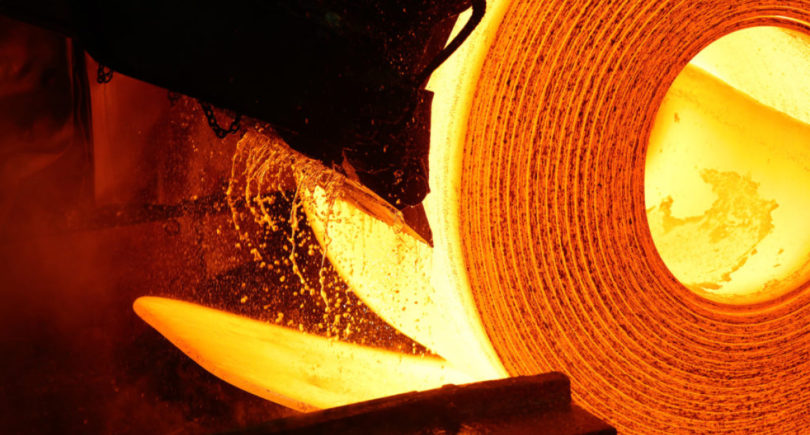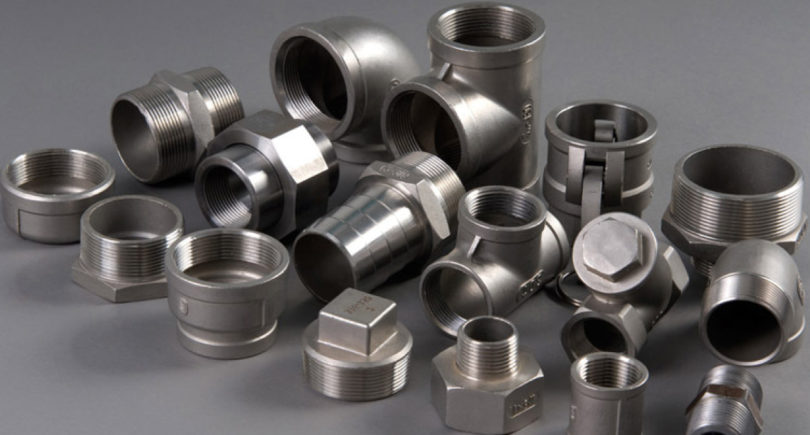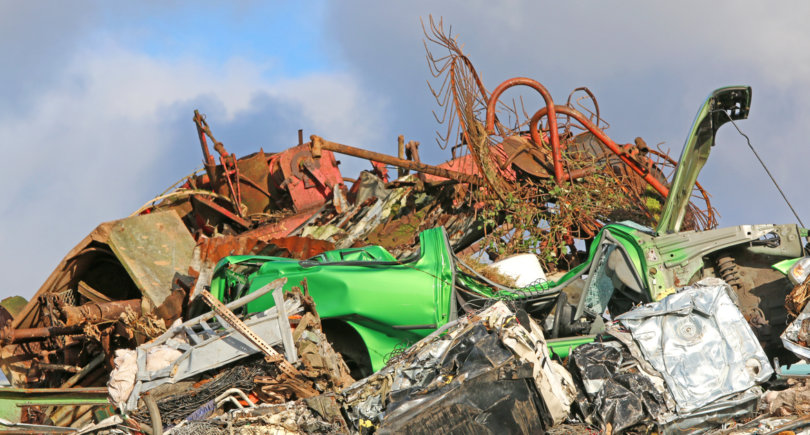
News Industry electricity prices 2930 13 November 2024
The country's industrial sector is energy-intensive compared to other EU countries
High electricity prices are increasingly affecting the competitiveness of Poland’s industry, according to Gramwzielone.
Polish industry generates about 1/5 of the national GDP. The country’s companies have strong positions in European supply chains and successfully compete in foreign markets.
However, Poland’s industrial sector is very energy-intensive compared to other EU countries. High electricity prices are a problem for industries such as chemicals, metals, mining, and fuel and energy. For them, it is one of the main cost items that affects production profitability and competitiveness.
Michał Orłowski, Vice President of Asset Management and Development at Tauron Polska Energia, said that the key element of creating a competitive advantage is energy consumption, the amount and time of this consumption, and a conscious approach to the issue.
According to him, prices used to be relatively predictable, influenced by the cost of coal and carbon emissions. Electricity was more expensive during peak hours and cheaper at other times. However, with the greater addition of renewables, price fluctuations in the system have increased. In addition, Poland is already dealing with the phenomenon of negative prices. On the other hand, in some time periods, prices sometimes reach several thousand zlotys per MWh.
“An industry that is flexible, able to control its own energy demand, take advantage of these price fluctuations and consume clean energy when it is cheapest will be able to create its competitive advantage,” Orlowski explained in an interview with Newseria Biznes.
As noted, in the first half of 2024, electricity prices in Poland were among the highest in Europe. According to Forum Energii analysts, this raises the issue of urgent modernization for the Polish industry. The key is, among other things, investing in energy efficiency. This can help companies reduce their environmental footprint and cut operating costs.
A report by the WiseEuropa think tank and the RE-Source Poland Hub Foundation says that in order to maintain the competitiveness of Polish industry, investments in renewable energy and a gradual increase in access to clean energy are needed.
Tauron Polska Energia is preparing a number of such projects. In particular, the company has recently launched a project to build the Miejska Górka wind farm with a capacity of over 190 MW, the second largest in Poland.
As GMK Center repored earlier, the Polish economy needs a strategic decision to decarbonize the steel sector, according to a report by the Instrat Foundation think tank. Currently, the country’s steel sector is facing serious problems that lead to plant closures, production stoppages, and Poland’s dependence on imports.




